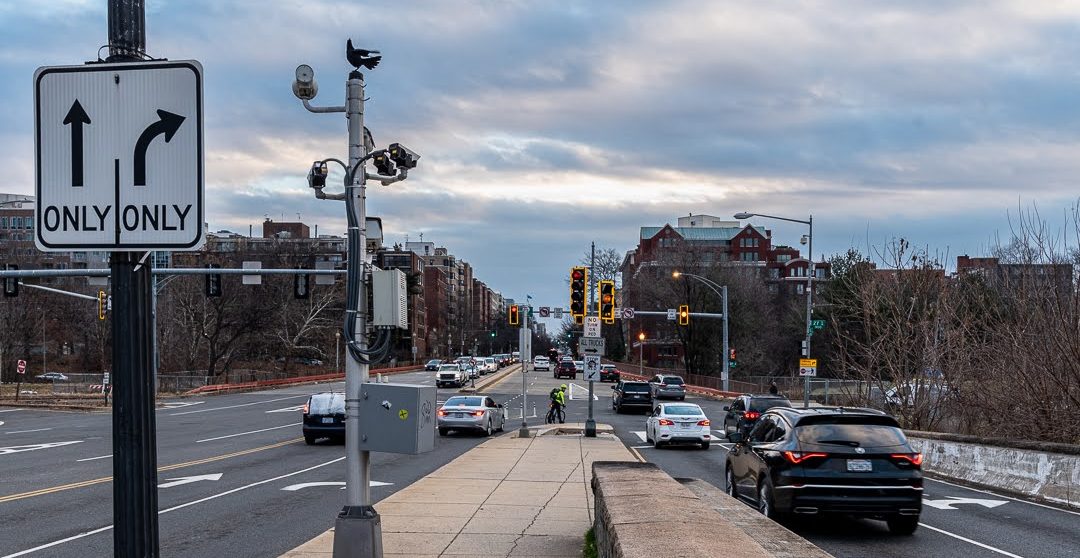Around the Streetsblog Network today:
Following Cyclist's Hit-and-Run Death, Police Officers Blame the Victim: Alex Canales Hernandez, 25, was killed this week while cycling on Maryland's Ritchie Highway -- the same deadly highway that took the lives of two pedestrians in a single day in 2005. The police response? Cyclists probably shouldn't be on Ritchie Highway.
Network blog Wash Cycle reports that police spokesman Justin Mulcahy said, “Certain stretches of roads should really be just for vehicles.” This stretch of road has claimed the lives of three people. Wash Cycle asks: How long will it take for local officials to recognize the problem? "Mulcahy seems to be blaming these cyclists for the crashes, instead of traffic engineers for failing to build complete streets. If the roads are only safe for driving, and some people can't drive - then those people are just going to get hurt."
To Speed Up Rail, Build New Tracks: Stephen Smith weighed in on Streetsblog last week about Amtrak's decision to purchase 70 electric locomotive trains at a steep premium compared to what European and Asian rail agencies pay. To improve American rail travel, says Matthew Cameron at Think Progress, the thing to focus on is building new tracks, not buying new cars.
"Passenger rail operations are beholden to the powerful freight rail companies that own the vast majority of railroad tracks throughout the United States." Because freight companies own the tracks, passenger schedules must be subordinated to the concerns of moving goods. "Rather than continuing to pay for these overpriced passenger trains that will still get second-class treatment on freight-owned rail lines, the Transportation Department could support the construction of dedicated passenger rail tracks in certain high-volume areas," says Cameron.
In Seattle, a $20 Fee Could Save 600,000 Hours of Bus Service: Officials in Seattle are debating whether to pass a $20 vehicle license fee to help avoid massive service cuts to King County Metro bus service. Failure to enact the fee would result in a 17 percent reduction, or about 600,000 hours of bus service, reports Erica C. Barnett at PubliCola. Right now, five members of the County Council support the fee, but six votes are needed for passage. The council voted last night to defer the decision until August 19.
Barnett reports that at yesterday's meeting, Estela Ortega, director of El Centro de la Raza, a Latino civil rights organization, urged council members to consider the economic consequences of such dramatic cuts. “Please do not put yourselves in a position to make the job crisis worse, by impacting and making it difficult for people to get to work and for those seeking employment opportunities.”






